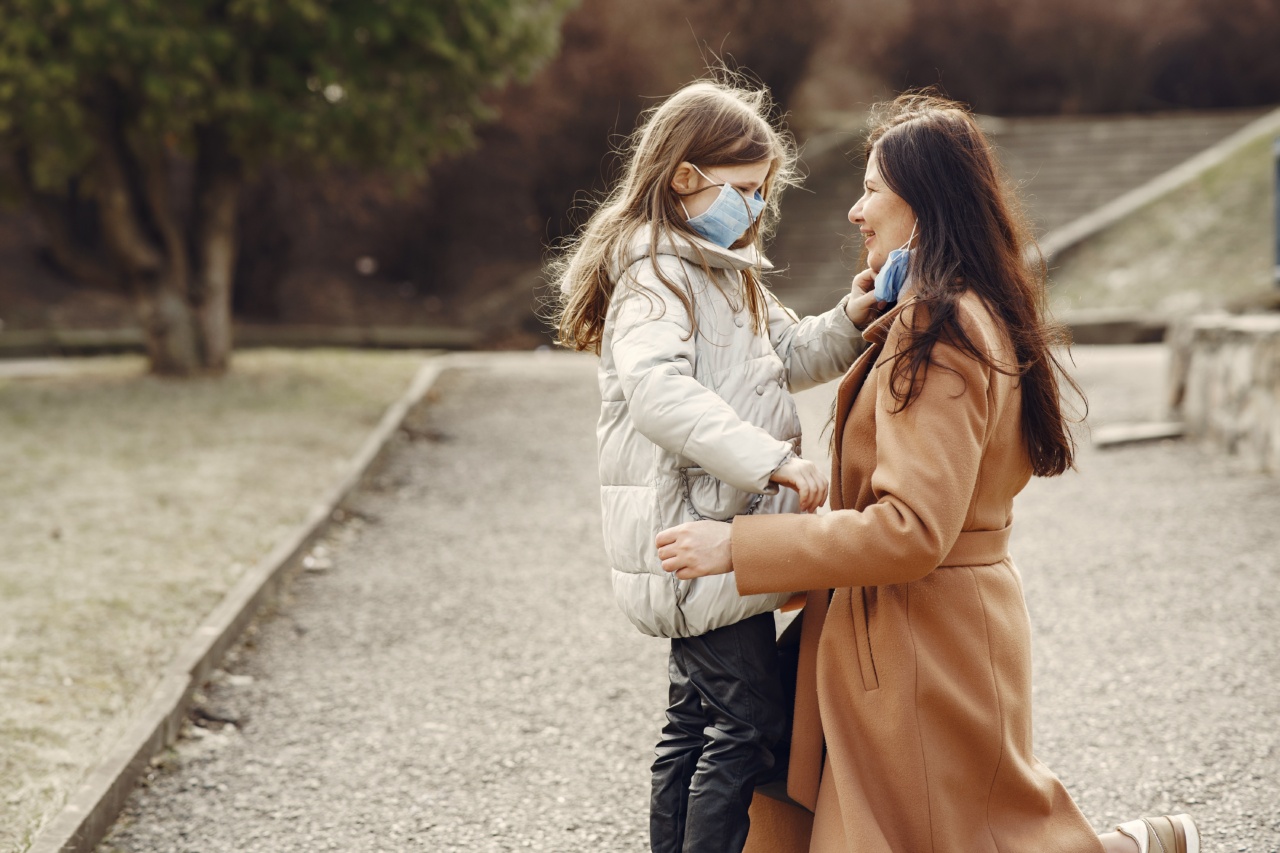With the arrival of colder weather, cold and flu season is just around the corner. While taking precautionary measures to prevent cold and flu is always important, it becomes even more critical during this time of the year.
Rather than relying solely on medications and vaccines, there are several natural and effective ways to boost your immune system and protect yourself from the sniffles and sneezes. Read on to discover 15 tips that can help you prevent cold and flu naturally.
1. Wash Your Hands Frequently
The first and foremost step to reduce your risk of catching a cold or flu is to wash your hands properly and regularly. Make sure to use warm water and soap, and scrub your hands together for at least 20 seconds.
This simple habit helps to rid your hands of any viruses and germs that you might have come in contact with.
2. Maintain Good Hygiene
In addition to regular handwashing, maintaining overall good hygiene is crucial in preventing the spread of cold and flu. Avoid touching your face, especially your eyes, nose, and mouth, as these areas are the primary points of entry for viruses.
Cover your nose and mouth with a tissue or your elbow when coughing or sneezing, and dispose of used tissues immediately.
3. Get Sufficient Sleep
Adequate sleep is vital for a healthy immune system. When your body is sleep deprived, it becomes more susceptible to illnesses, including cold and flu.
Aim for a consistent sleep routine and ensure you’re getting 7-9 hours of quality sleep each night.
4. Stay Hydrated
Proper hydration is essential for good health and it also helps in warding off germs. Drink plenty of water throughout the day to keep your body hydrated and support your immune system in fighting off potential infections.
Avoid excessive consumption of sugary beverages and alcohol as they can weaken your immune system.
5. Eat a Nutrient-Rich Diet
A well-balanced diet plays a crucial role in maintaining a strong immune system. Consume a variety of fruits, vegetables, whole grains, lean proteins, and healthy fats to ensure you’re getting all the essential nutrients your body needs.
Include foods rich in vitamin C, such as citrus fruits and berries, as they are known to boost your immune system.
6. Exercise Regularly
Regular physical activity not only helps in keeping your body fit and strong, but it also improves your immune system.
Engaging in moderate exercise, like brisk walking or cycling, for at least 30 minutes most days can help reduce the risk of cold and flu. However, avoid intense workouts if you’re already feeling unwell.
7. Manage Stress Levels
Chronic stress can take a toll on your immune system, making you more vulnerable to infections. Find effective ways to manage stress, whether it’s through meditation, deep breathing exercises, yoga, or engaging in hobbies you enjoy.
Prioritize self-care and make time for activities that help you relax.
8. Optimize Vitamin D Levels
Vitamin D plays a crucial role in supporting a healthy immune system. Spend some time outdoors in the sun, especially during the winter months, to naturally boost your vitamin D levels.
If sunlight exposure is limited, consider taking a vitamin D supplement after consulting with your healthcare provider.
9. Include Immune-Boosting Herbs and Spices
Several herbs and spices are known for their immune-boosting properties. Incorporate ingredients such as garlic, ginger, turmeric, cinnamon, and oregano into your meals to give your immune system an extra kick.
You can also brew herbal teas with ingredients like echinacea or elderberry to support your body’s defenses.
10. Stay Active and Avoid Sedentary Behavior
Remaining sedentary for long periods can impact your immune system negatively. Make an effort to stay active throughout the day, even if you have a desk job.
Take breaks to stretch or walk around, use a standing desk if possible, or set reminders to move every hour. These small actions can help improve your immune response.
11. Keep Your Environment Clean
Regularly clean and disinfect frequently touched surfaces in your home and workplace, such as doorknobs, light switches, and countertops. This helps to reduce the spread of germs and viruses.
Use natural cleaning products or make your own using ingredients like vinegar and baking soda.
12. Practice Good Respiratory Hygiene
In addition to covering your nose and mouth when coughing or sneezing, it’s important to practice good respiratory hygiene in your daily life.
Avoid close contact with people displaying cold or flu symptoms, and maintain a safe distance of at least 6 feet when socializing in public places.
13. Use Essential Oils
Some essential oils possess antimicrobial properties that can assist in preventing cold and flu. Eucalyptus, tea tree, lavender, and peppermint oils are commonly used for their immune-boosting effects.
Diffuse these oils at home or add a few drops to a carrier oil and apply topically.
14. Stay Away from Sick Individuals
If possible, avoid close contact with individuals who are already sick with a cold or flu. Viruses can easily spread through droplets in the air or by touching contaminated surfaces.
Minimizing contact with sick individuals reduces your chances of getting infected.
15. Laugh and Relax
Last but not least, don’t underestimate the power of laughter and relaxation in boosting your immune system. Engage in activities that make you happy and surround yourself with positive energy.
Laughter and relaxation help in reducing stress hormones and increasing immune-boosting antibodies.































